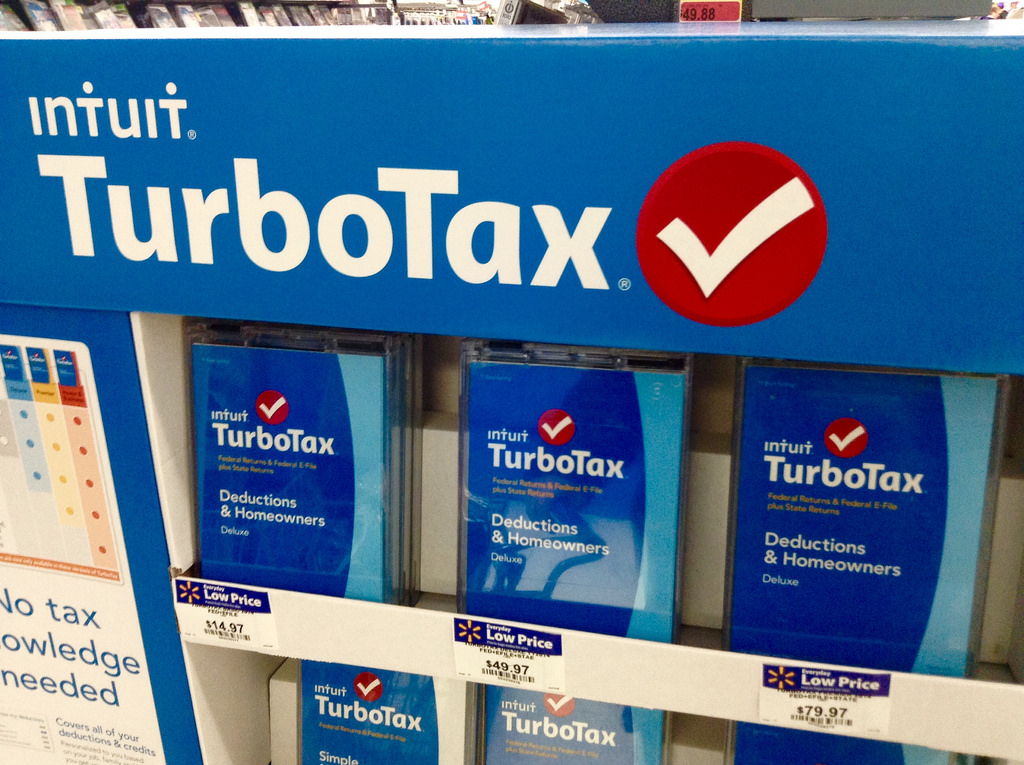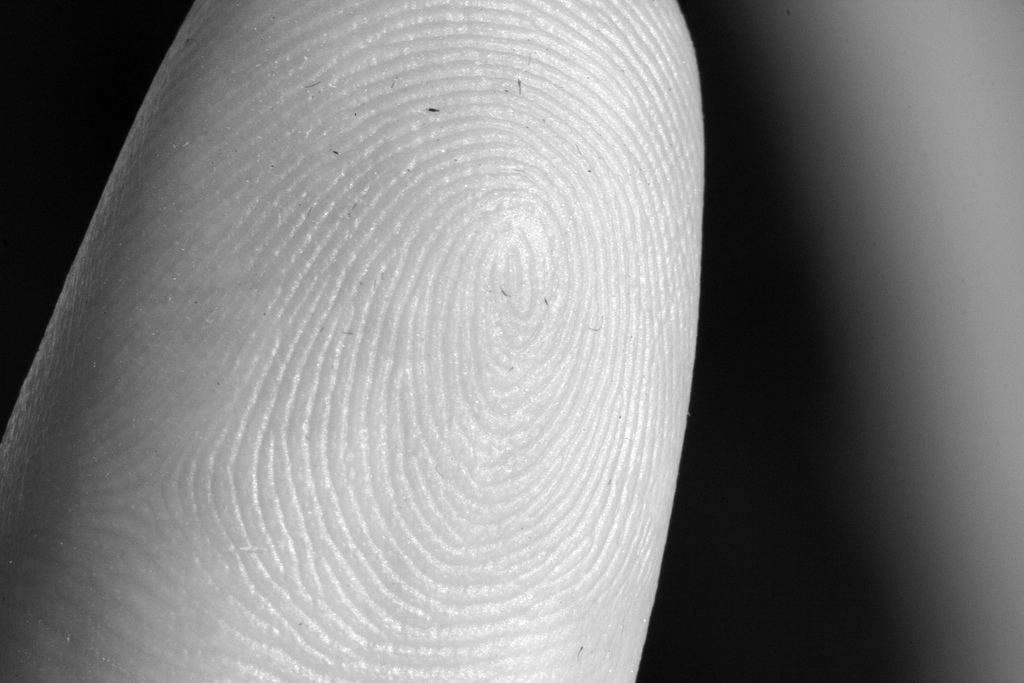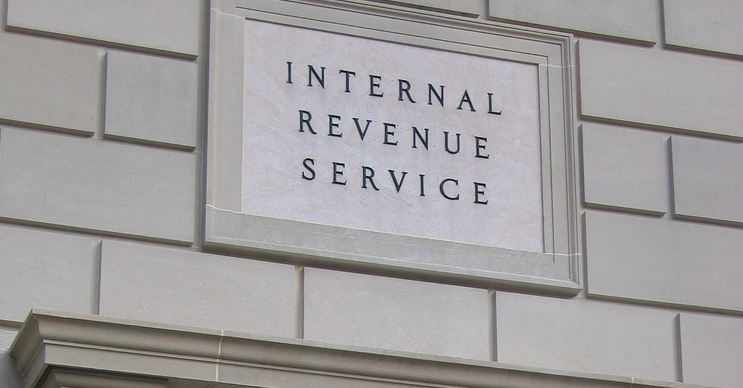After researchers found that My Friend Cayla dolls were recording users’ and sending this information out to a third party specializing in voice-recognition for police and military forces, officials in Germany told parents to get rid of the toys. In case families didn’t take that request seriously, the country’s telecommunications regulator has since clarified that parents who don’t destroy their Cayla dolls could face more than $25,000 in fines. [More]
Data & Privacy

Parents In Germany Face $26,500 Fine If They Don’t Destroy Controversial ‘My Friend Cayla’ Dolls

Your Kids’ School-Owned Devices Are Spying On Them, Report Finds
As adults, we all kind of have at least a vague peripheral sense that the devices and software we use are probably up to some kind of shenanigans with our personal data. Kids, however, are probably not thinking as closely about what they tell the devices they use, and what data those devices then share — especially if they’re school-owned tools. And yet, a new report finds, some of the learning technology schoolchildren are required to use every day are some of the worst when it comes to explaining and protecting users’ privacy. [More]

Intuit CEO Wants Your Taxes To Take 5 Seconds On Your Phone
If you recognize the name Intuit, you’re probably one of the 40 million people who filed returns last year using its TurboTax software. Facing competitors ranging from storefront tax preparers to free (for now) preparation through a credit report website, the company’s CEO is optimistic about the future. [More]

Researchers Say Your Phone’s Fingerprint Scanner Is Easily Fooled
The more intertwined technology becomes in our daily lives, the more important it is to safeguard all that information we keep on our devices. One way smartphone manufacturers have developed to do that is fingerprint scanning, as no two prints are identical. But a new study suggests that system might not be as secure as you think. [More]

Customer Sues Charter For Selling Their Data Without Consent
It may become one of the defining questions of our age: Does your personal data become someone else’s asset as soon as you go online? One Charter customer says that he has a right to determine how his data is used, and that the cable/internet company failed to get his permission or disclose that it would be using this information for its own gain. [More]

Kingpin Of IRS Scam That Made $225K/Day Arrested In India
Police in India say they’ve arrested the suspected kingpin behind a scammy call center operation that raked in $225,000 per day by pretending they were agents for the Internal Revenue Service. [More]

The Internet Privacy Rule Is Dead, But Could Anyone Bring It Back?
The laws, rules, and regulations governing our world aren’t etched into mountains; they can be changed. That’s how we got new rules intended to protect our private information from being used and abused by internet service providers, and how we lost those very same rules just a few short months later. Could the pendulum swing back and restore these privacy guidelines? Not likely. [More]

Hack Attack On Dallas Emergency System Sets Off Every Warning Siren In The City
The city of Dallas is apologizing to residents for a hack attack that set off 156 of the city’s emergency sirens late on Friday night, jolting folks awake and scaring the bejeezus out of people. [More]

GameStop May Be The Latest Loser In Data Breach Roulette
Add a new certainty to the old pair of “death and taxes”: data breaches. GameStop may be the latest retailer to face this inevitability, with a new report indicating that customer data has been stolen from its website. [More]

Twitter Says Trump Administration Has Dropped Demand For User’s Identity
Twitter has dismissed its lawsuit against the Department of Homeland Security, saying that the Trump Administration has rescinded its demand that the social media service turn over information about the real identity of a Twitter user who claims to be a federal employee. [More]

FAFSA Tool Vulnerability May Have Exposed 100K Individuals’ Personal Info
The Free Application for Federal Student Aid is a bit cumbersome, so the Department of Education tried to ease that burden by creating a tool that automatically filled in an applicant’s previous year’s tax information. That tool was suddenly taken offline last month over concerns about data security, and now we have some idea of how many applicants may have had their information exposed. [More]

Court Orders Pornhub To Identify Potentially Thousands Of Users
Just like any other copyright holder, porn studios can — and do — exercise their rights under the Digital Millennium Copyright Act to force X-rated “tube” sites (think YouTube, but with more genitals) to take down infringing videos. One company has apparently gotten tired of this game of Whac-A-Mole and gotten a court order that could lead to legal threats against thousands of people who uploaded videos to one popular tube site. [More]

New FCC Chair Already Working To Undo Net Neutrality, Claims Report
When the FCC adopted the Open Internet Order (most people call it “net neutrality”) in 2015, then-Commissioner Ajit Pai railed against the idea. Now that he’s FCC Chairman, Pai is already quietly working to roll back those rules. [More]

Twitter Fights Trump Administration’s Attempt To Reveal Identity Of Critical ‘Alt’ Immigration Services Account

The Code Running Millions Of Samsung Devices Is Full of Giant, Gaping Security Holes
The Internet of Things — the amorphous, rapidly-growing mass of devices that are always on and speaking to the great cloud — has never exactly been known for its great security practices. And according to one researcher, the system Samsung uses in everything from its TVs to its phones is “worst code I’ve ever seen,” containing multiple major vulnerabilities. [More]

Proposed Bill Would End Warrantless Searches Of Cellphones At U.S. Borders
More than 225 years ago, the First U.S. Congress carved out an exception to the Fourth Amendment’s search warrant requirement, allowing for warrantless searches at the border. Until recently, this was limited to the people and their physical items, but federal agents can now search your phones and computers to look at photos, read emails, watch videos — all without having to demonstrate probable cause. A new piece of bipartisan legislation hopes to close that loophole, at least for U.S. citizens and permanent resident aliens. [More]

IRS Will Begin Working With Private Debt Collectors This Month
The Internal Revenue Service has released additional details about its new program that turns certain delinquent accounts over to private debt collectors, giving us some idea of when these collection calls will begin, and how many accounts will be affected.
[More]


